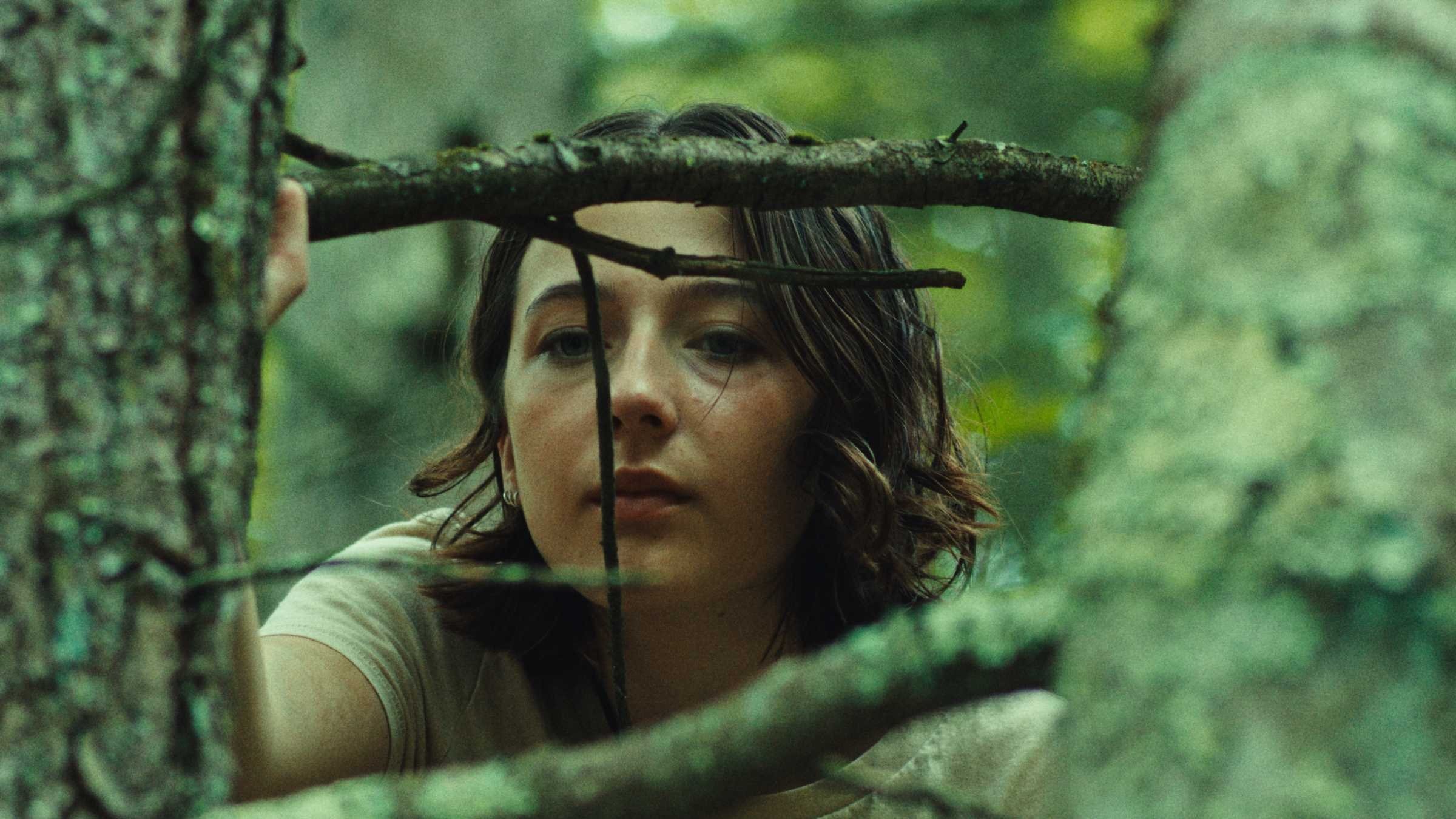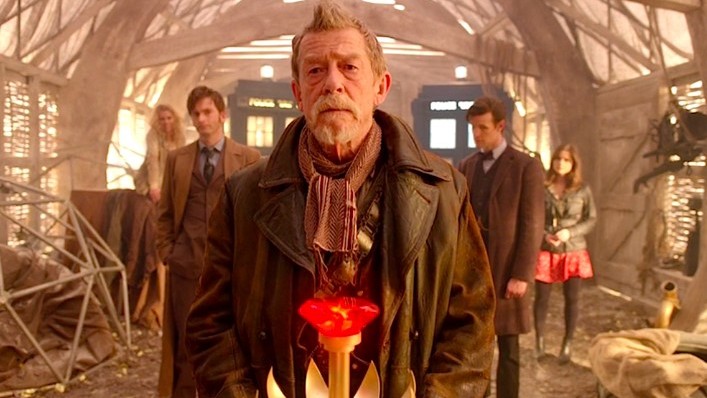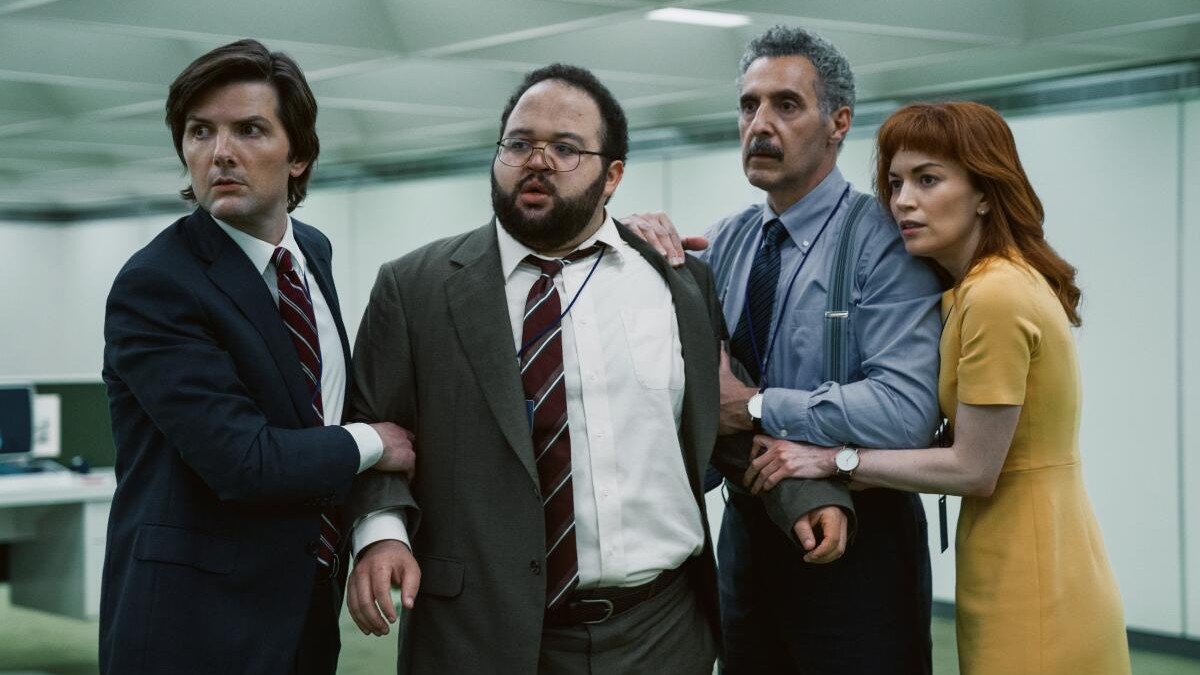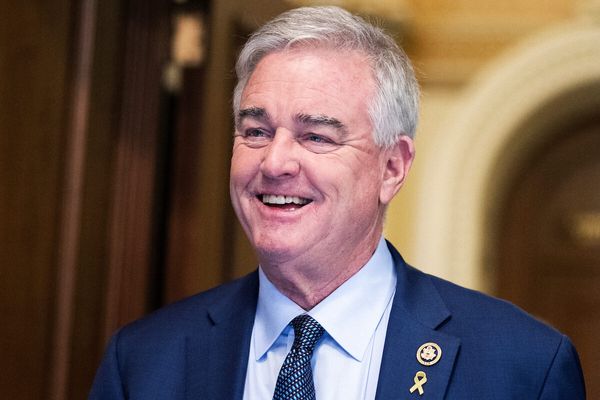
Last week, I had the exquisite pleasure of watching Nicolas Cage's latest film, The Surfer, in what can only be described as a cathedral of solitude. By which I mean I was literally the only person in the cinema. The ticket seller gave me a look usually reserved for single diners at restaurants who only order the soup.
The Surfer is brilliant, by the way. Cage plays a man returning to his Australian hometown, and it's got that perfect blend of psychological tension and sun-bleached madness that makes you remember why you fell in love with movies in the first place. All of which got me thinking about the lazy narrative that's been doing the rounds lately: that nostalgia is killing cinema. (Speaking of nostalgia, take a look at our picks of the best movie posters of all time.)
The idea is that Hollywood is so addicted to sequels, prequels and remakes that they've lost all capacity for original storytelling. It's a neat theory, and it allows us to feel smugly superior while lamenting the death of artistic integrity. There's just one problem with it: it's complete bollocks.

There are plenty of great, original films out at the moment – including Good One, Shiva Baby and Hallow Road. But they're playing to empty seats and tumbleweed. And that's not because people don't want original stories. They just want to watch films at home, in their sweatpants, with the ability to pause for toilet breaks and rewind when they miss a crucial bit of dialogue.
So here's a radical thought: stop trying to make cinemas work like they did in the 1990s and start making them work for 2025.
Change what a cinema is
Here's an idea: how about premiering TV shows on the big screen, before they get dropped online? Hear me out. When Doctor Who's 50th anniversary special, The Day of the Doctor, hit select cinemas in 2013, it was the second-highest-grossing 'film' in America that Monday, beaten only by The Hunger Games: Catching Fire.
Yes, a television programme – indeed, a British one that most Americans had never heard of – outsold every other film in cinemas because it offered something you couldn't get at home: the experience of watching a landmark episode with fellow fans.
The multiplexes have repeated the same trick a few times since, and the finale of the current series of Doctor Who is also due a big-screen outing. Great! But not everyone is a Whovian, so where are the cinema premieres of Handmaid's Tale, The Last of Us, Yellowjackets...? (For more suggestions, we've rated 2024's best VFX TV shows, from Shōgun to Avatar.)
Imagine if the Severance episode that finally explains what the hell is going on in that office was first screened in cinemas; how many fans would rush to buy tickets? Or how exciting the finale of The White Lotus season three could be, surrounded by a crowd of people as passionate about the show as you are.
These aren't films, but they are events. And events are what get people out of their homes.

I assume the main reason such events rarely happen is resistance from the streaming services; they don't want people to break the habit of watching from their sofa. If so, I think that's short-sighted. Cinema screenings are the perfect way to create hype and buzz about a show. Create that emotional energy, that watercooler conversation, and you'll have content that people will keep coming back to, for decades to come.
Theatre, music, sport
Big-screen TV isn't the only way cinemas can innovate, of course. They've already been experimenting with screening live theatre (the National Theatre Live programme has been a roaring success), live comedy, and live sports. I'd just like them to do more; much more. If my viewing of The Surfer is anything to go by, it's not like they've got much to lose.
I don't claim to have all the answers. But I do think cinema is worth saving, and I don't think it's a binary choice between original filmmaking and bowing down to the nostalgia machine. It's about expanding what cinemas can be.

Make them event spaces. Screen season premieres and finales. Show live concerts, comedy specials, even political debates. Create appointment viewing that demands to be experienced communally. Keep the prices low to pack people in, and clean up on the sales of popcorns, sweets and fizzy drinks.
If people start thinking of cinemas as places where interesting things happen, they might rediscover the habit of going. And once they're in the habit of turning up, they might just stick around for that quirky indie film that becomes the next sleeper hit.
Because here's the thing: nostalgia isn't killing cinema. Cinema is killing itself by refusing to evolve beyond the multiplex model that worked when most people had four television channels and no internet.
No, nostalgia isn't the villain. It's just life support; keeping the cinema business alive, while it figures out what it wants to be when it grows up.







